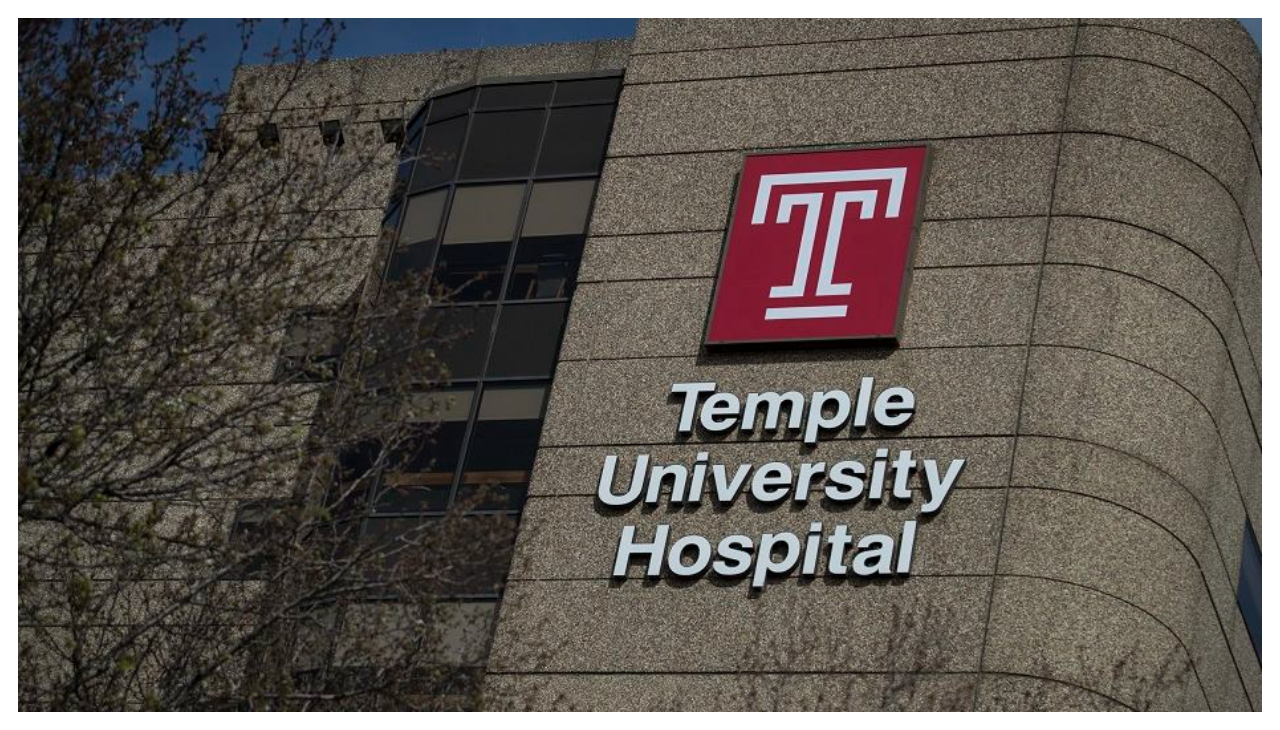
Temple Health receives the 2023 Living the Vision Award
To celebrate institutions that provide innovative healthcare service, the Hospital and Healthsystem Association of Pennsylvania has chosen them as an honoree.
The Hospital and Healthsystem Association of Pennsylvania (HAP) has announced its Achievement Awards, honoring hospitals and health systems across the state for their innovation of advancing health equity, enhancing healthcare quality, and partnering with communities.
This year, Temple Health has been chosen among the honored healthcare systems for their entry of "Social Determinants of Health: A Comprehensive Health System Approach to Screening and Response," which merited them the HAP's 2023 Living the Vision Award.
This award is presented to one recipient annually to commemorate their advancement of developing and improving patient experience, how they address overall health, and have improved the value patients receive.
Temple Health has implemented a new screening process, led by Senior Vice President of Population Health Steve Carson, MHA, BSN, RN; and Chief Medical Officer of Temple Center for Population Health Nina O'Connor, MD, FAAHPM.
“We congratulate Steve Carson, Dr. Nina O’Connor and the entire Temple Center for Population Health team for earning this award – and for their ongoing extraordinary work to advance the health of our patients and our community,” said Michael A. Young, MHA, FACHE, President & CEO of Temple Health in a statement.
“The HAP award calls it ‘Living the Vision of a Healthy Pennsylvania,’ which is a fitting complement to Temple Health’s value-based care strategy of combining world-class academic medicine with wide-ranging and innovative services that address social determinants of health,” he continued.
This process screens and responds to multiple different social determinants of health, ranging from inadequate access to healthcare and food insecurity, to poor housing conditions and financial instability, to domestic violence.
RELATED CONTENT
By understanding the influence social and economic disparities have on patients, Temple Health can more accurately deliver an effective care strategy.
Within this program, Community Health Workers connect patients to community resources and support, building up partnerships with community organizations, philanthropic groups, and payors to build appropriate responses to these key social determinants.
For example, if a patient faces homelessness, providing temporary housing would be enacted to provide proper care.
In addition to this, Temple Health has created a Multi-Visit Patient (MVP) Clinic to integrate clinical care with social resources for patients who are frequently hospitalized and have complex needs.
Another aspect of the program includes a new "ED Navigator" role that acts as an intermediary to connect patients to proper resources before discharging them from the emergency department.
Other resources include a mobile health van, community events, and a web-based platform that each effectively extend Temple's services beyond its facilities.
As a result of this program, Temple Health's campuses have reported a 12% reduction in admission rates for diabetes, asthma/COPD, and heart failure among Hispanic and Black Medicaid patients, with MVP clinic patients having an average 32% fewer hospitalizations, 9% less ED visits, and 35% more outpatient visits in the year following their referral to the clinic.











LEAVE A COMMENT: